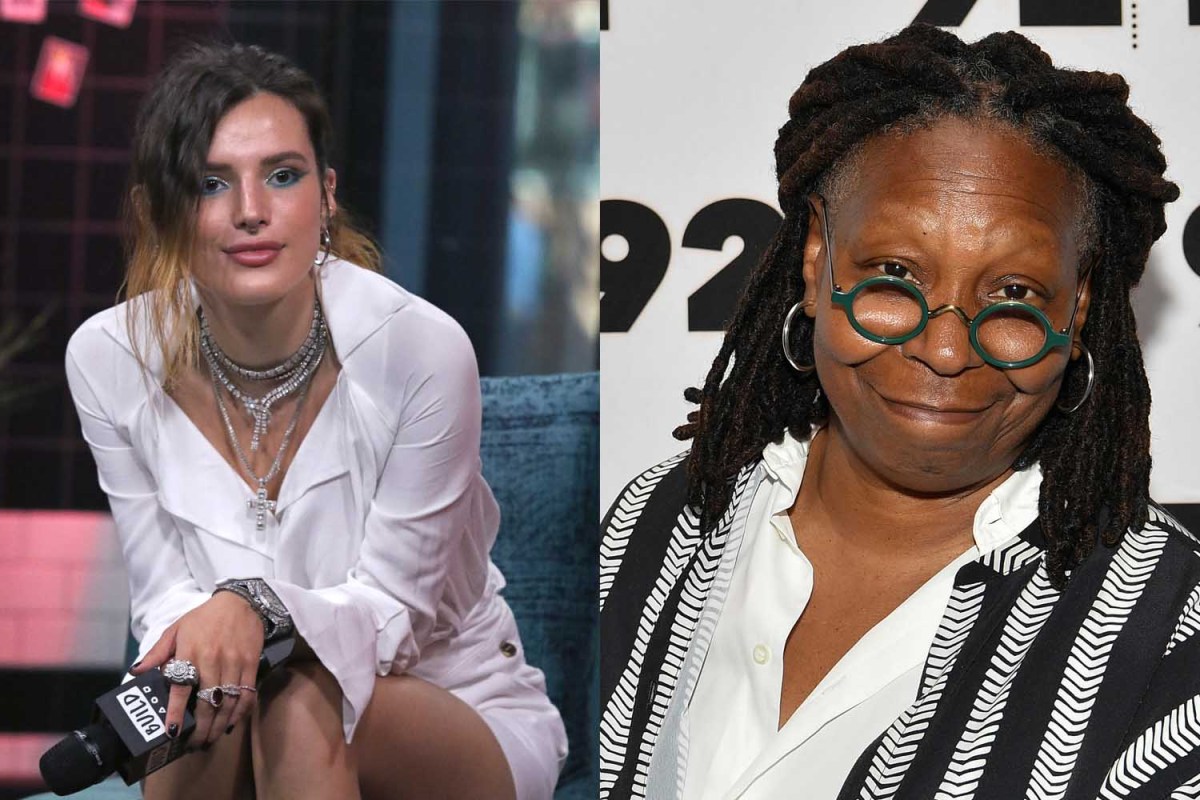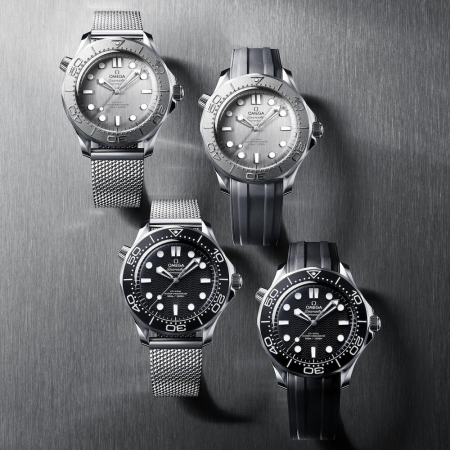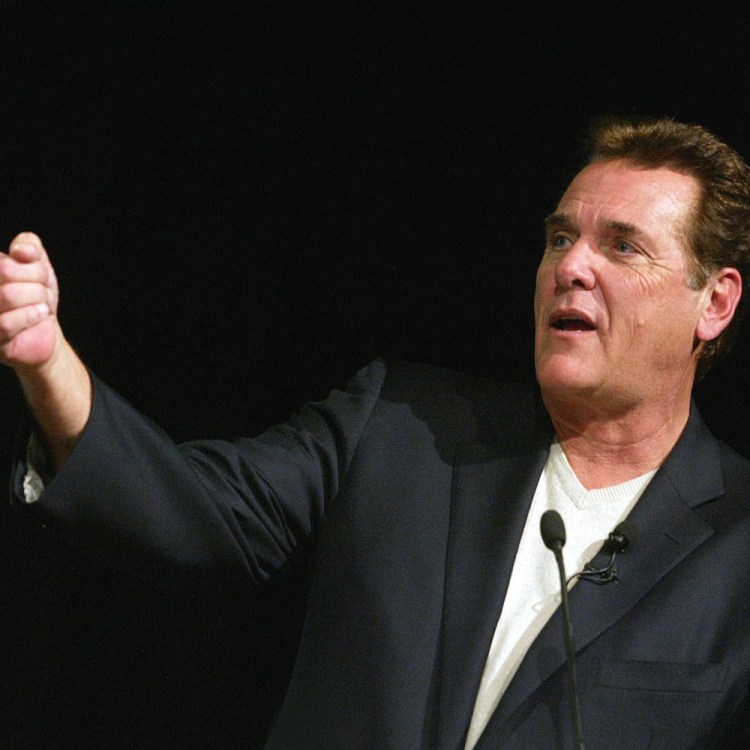Actress Bella Thorne leaked her own personal, private pictures on Saturday in an effort to take power back from an alleged hacker who threatened to release them to the public. The 21-year-old posted on her Twitter account screenshots of the NSFW images, along with text messages from the hacker who demanded money in exchange for not posting the pictures.
“F— u and the power u think you have over me,” Thorne began her tweet. “I feel gross, I feel watched, I feel someone has taken something from me that I only wanted one special person to see.
“I’m putting this out because it’s MY DECISION NOW YOU DON’T GET TO TAKE YET ANOTHER THING AWAY FROM ME,” she wrote. “I can sleep better knowing I took my power back.”
Many fans and other Twitter users offered support and praise for Thorne’s actions, but on Monday’s episode of The View, Whoopi Goldberg essentially blamed Thorne for taking the nude photos in the first place.
“If you’re famous, I don’t care how old you are. You don’t take nude pictures of yourself,” Goldberg said. “Once you take that picture, it goes into the cloud and it’s available to any hacker who wants it, and if you don’t know in 2019 that this is an issue, I’m sorry. You don’t get to do that.”
Thorne responded with a note posted to her Instagram Story. “Dear Whoopi, I have loved u for so long but honestly I’m so displeased and saddened by your response to my leek [sic],” she wrote. “Blaming girls for taking the photo in the first place? Is sick and honestly disgusting.”
Thorne later posted a tearful video, again addressing Goldberg’s statements.
“Shame on you Whoopi,” Thorne said. “Shame on you for putting that public opinion out there like that for every young girl to think that they’re disgusting for even taking a photo like that. Shame on you.”
Zendaya, Lucy Hale and many other celebrities have come out in support of Thorne, though there has been an ongoing debate on Twitter regarding Goldberg’s statements. Those who agree are arguing that you should be careful about what you put on the internet and the cloud, with others contesting that Goldberg is flat-out victim blaming.
Goldberg’s advice is a simplistic solution to a complicated issue, and it’s also not advice many people are going to follow — or should have to. Everyone has their own reasons for taking and sharing private photos, and many Twitter users responded to Thorne’s posts with their own examples: long-distance relationships, a sense of empowerment or simply because they should be allowed to without fear of retribution. And almost all added that private photos, if shared, are generally meant for one person.
What happened to Thorne and the many other female celebrities — like Jennifer Lawrence and Kate Upton back in 2014 — who have had their personal photos stolen and leaked is not just an obvious criminal offense and an invasion of privacy, but a cowardly tactic used by men to exert their power over women.
And it’s not a problem unique to celebrities. A 2016 study published by the Data & Society Research Institute found that roughly 10 million Americans are threatened with “revenge porn,” or sexually explicit images of a person posted online without that person’s consent as a form of revenge or harassment. The study also found that women are more likely than men to receive such threats, and among those women, most are under 30, minorities and/or members of the LGBTQ community. (It should be noted that when it comes to having their pictures actually posted online, the numbers are much more equal.)
Forty-six states, including D.C., now have revenge porn laws, and in some states distributing a private image is punishable by imprisonment. While the laws are slowly getting more progressive, the rhetoric around leaked private photos, as evidenced by Ms. Goldberg, is anything but.
Thanks for reading InsideHook. Sign up for our daily newsletter and be in the know.


















